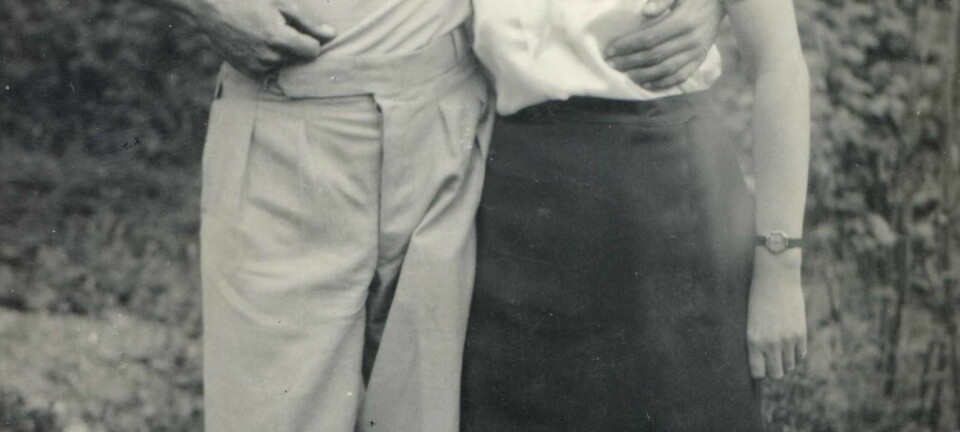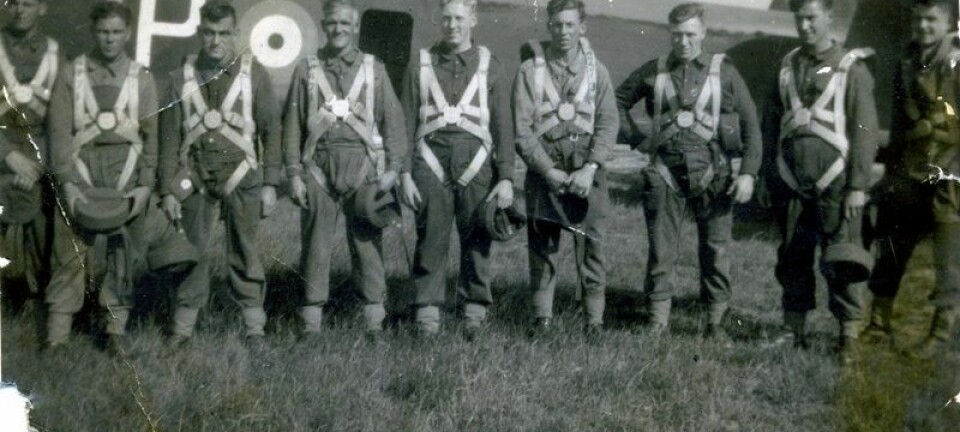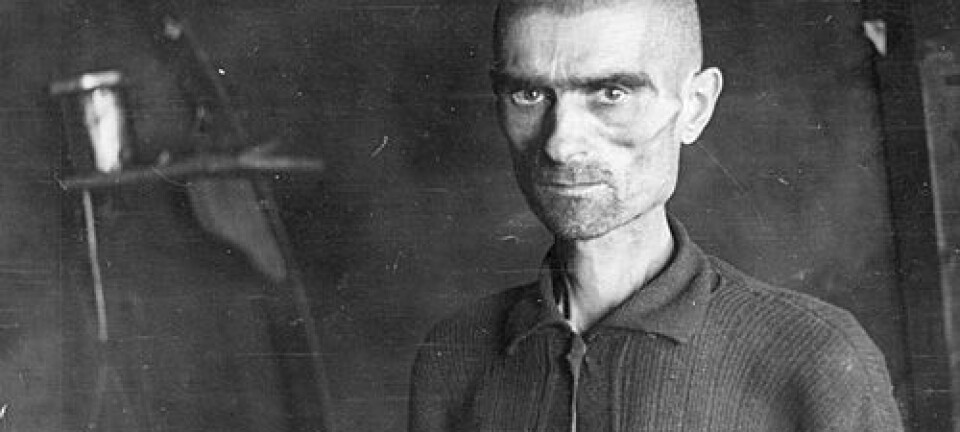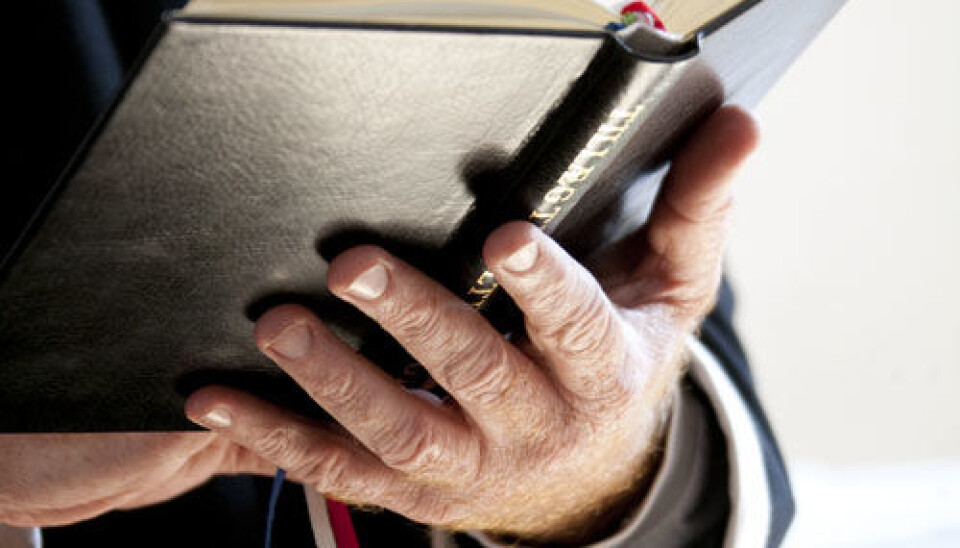
Secret pay to clergy during WWII
A secret underground system was established during WWII to channel money to pastors who wouldn't work for the Nazis.
Denne artikkelen er over ti år gammel og kan inneholde utdatert informasjon.
Pastors of the Church of Norway are salaried by the state. But when Norway was occupied by Germany during WWII most clergy were averse to working for the Nazis and the Quisling regime.
Still, they wanted to carry on conducting church services, christenings, weddings and funerals so a secret system was established to pay their wages.
The Germans never found out how the underground system worked, despite the vast number of people involved in its operations.
“I’m a son of a pastor and I’ve wondered how we survived the war, but I was later informed that my mother received money. I’m not sure how this worked,” says Bjørn Sandvik, a pastor and researcher. “Some were given money from strangers, delivered at the door.”
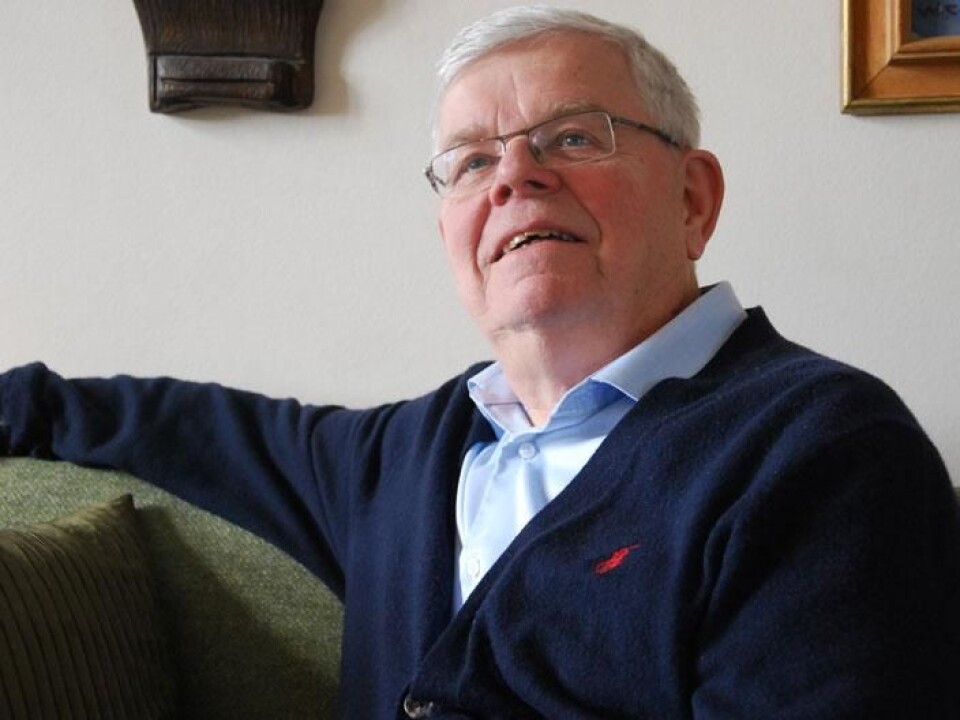
Sandvik recently published an article on the subject of clergy wages in a Norwegian theological journal (Tidsskrift for Teologi og Kirke).
Refused to obey German orders
In April 1942 Norway’s pastors were ordered to work under the Quisling government − in other words the Germans. Pastors were given three days to accept this decree. If not they had eight days to clear out of the vicarage.
But 93 percent of Norwegian pastors declined to follow the German orders. A defiant declaration, “The Foundation of the Church”, was read from all the State Church pulpits on Easter Sunday in 1942. Preparations had already been made to ensure an income for the clergy.
The pastors knew little or nothing about what they faced when they chose opposition and stepped down, even though a secret ecumenical leadership had been formed. Central contingency plans had already been made.
Sandvik explains that each congregation was responsible for gathering money for its pastor and small congregations were helped out by larger ones. It was a nationwide voluntary effort to secure the pastors’ continuation with their call.
“Thousands of people were involved and often they were taking big risks. It’s odd these people haven’t been given more recognition and an official statement of gratitude. The congregations’ efforts should be noted in the history books, along with the struggle by the bishops and pastors,” says Sandvik.
Questionnaire
Sandvik has studied documents and records to find how the money was collected and distributed.
“Most was never written down, in fear of information falling into enemy hands," he says.
Immediately after the war a questionnaire was sent to pastors that included the question: "Through what channels did you receive economic support?’ Often it was the congregation clerk who ran the collection system.”
Many of the pastors received an envelope at the door, as well as donations of food and other items. A regular system of tithes was advised against because it would make a secret organisation easier to spot. There were stringent laws against supporting [what the occupiers considered] anti-social and anti-state activities.
Among the details Sandvik uncovered was a donation by some loggers of 7 Euro, gifts during confirmations, baptisms and funerals. One pastor mentioned a four-year-old boy who knocked on the door and handed him an envelope, which turned out to contain the equivalent of 50 Euro.
The pastor learned from the boy that he’d received it from a stranger on the street who told him to make the delivery. The clergyman surmised the contribution came from the crew of a fishing vessel.
Loose notes, few names
The organisation had a sizeable national economy. A leader of this economic front, Sam Knutzen, was director of National Help, a coordinating body for Norwegian humanitarian organisations. Some of Knutzen’s archives were sealed with instructions that they couldn’t be made public until 2010.
“Sam Knutzen was head of the Oslo Diocese and did an impressive job. I found a large collection of documents about the cash support and the establishment of an underground system for raising and distributing funds. There were lists of names, lots of loose notes full of figures. The idea was to make this look like a private and disorganised accounting system if any misfortune brought the material into the hands of the state police,” says Sandvik.
All the heads of dioceses were issued instructions on how to organise the financial support within congregations and what incomes to pay. Pastors were given a fixed salary with no raises for seniority. One pastor in a city was salaried at 1,025 Euros a year.
There were tips about how to organise cells in which as few as possible knew the others.
Emergency reserves
On several occasions Sam Knutzen distributed emergency reserves in case the economic pipelines between Oslo and the dioceses around Norway were broken.
“In some cases this was specified as borrowed money but it doesn’t say where Knutzen got the funding. These were significant sums at the time. After the war, for instance, Krohn Hansen in Tromsø reported paying Euro 79,000 in voluntary gifts to the pastors. After the war, surplus reserve funds were returned," says Sandvik.
-----------------------------
Read this article in Norwegian at forskning.no
Translated by: Glenn Ostling







